125 Books Read in 2022
500 Books in the last five years !!!
So reading 100 books a year is passe!! I have done it five years in a row now!!!
Sharing my top 10 best reads of 2022:
The Hidden Life of Trees: What They Feel, How They Communicate: Discoveries from a Secret World (Hardcover)
by Peter Wohlleben

This one opened up my eyes to how little we know about trees. The fact they breathe, eat food, take care of each other, germinate and even travel great distances, etc., are things we know only parts. Never so comprehensively. Strongly recommend everyone read this; so much to learn from trees.
The Master: The Long Run and Beautiful Game of Roger Federer
by Christopher Clarey

A major biography of the most iconic men’s tennis player of the modern era.
Many sports fans, who I know also love reading, acknowledge Andre Agassi’s OPEN as one stand-out biography. While I am not saying that The Master is exactly in the same league (the biggest difference is that Federer does not write this), I loved reading it as much as I did reading Open.
The book not only covers Roger’s life all the way till early 2021, it goes really in detail into his family, his personality, and growing up as a player but touches upon his major rivalries, right from Leyton Hewitt all the way to Wawrinka and Novak. Of course, there is significant coverage of the most famous one with Nadal.
Clarey’s writing style is unique, constantly going back and forth in time and always throwing up surprising facts out of the blue.
If you are a true Federer fan, this is one book you cannot miss reading !!
The Book of Joy: Lasting Happiness in a Changing World
by Dalai Lama XIV, Desmond Tutu, Douglas Carlton Abrams

Two great spiritual masters share their own hard-won wisdom about living with joy even in adversity.
This book achieved a feat by getting two thespians, spiritual masters, world leaders, ambassadors of peace and genuinely heartwarming people to come together and talk about Joy, love and happiness, even in the face of adversity.
Conceptualised as a birthday project, the two Noble Laureates meet at Dharamshala to talk about various facets of life and what they have learnt from it. And when two octogenarians, who have fought numerous personal challenges and seen their nation and its people go through lots of hardships in their fight for freedom and relevance, meet and discuss, it is bound to give birth to a classic.
The book was envisioned as a three-layer birthday cake: their stories and teachings about joy, the most recent findings in the science of deep happiness, and the daily practices that anchor their own emotional and spiritual lives.
Described in the form of conversations, interspersed with thoughts from three religions, Buddhism, Christianity and Jewish, the week-long discussions captured the importance of topics like joy, spirituality, gratitude, empathy, compassion, empathy with myriad sets of real-world examples for us to appreciate why all these are key for a happy life.
Some of the notable quotes from the book:
- The more time you spend thinking about yourself, the more suffering you will experience
- We create most of our suffering, so it should be logical that we can create more joy. It depends on the attitudes, perspectives, and reactions we bring to situations and our relationships with others.
- Wherever you have friends, that’s your country, and wherever you receive love, that’s your home.
- The Dead Sea in the Middle East receives fresh water but has no outlet, so it doesn’t pass the water out. It receives beautiful water from the rivers, and the water goes dank. I mean, it just goes wrong. And that’s why it is the Dead Sea. It receives and does not give. In the end, generosity is the best way to become more, more, and more joyful.
- I learned that courage was not the absence of fear but the triumph over it. I felt fear more times than I remember, but I hid it behind a mask of boldness. The brave man is not he who does not feel afraid but he who conquers that fear.
Why We Run: A Natural History
by Bernd Heinrich

For a long time, I would only praise two books regarding running. Murakami’s book and the Chi of Running. Having read more than ten other books on running before this one, I can confidently say that this is a MUST-READ book for every runner. Even non-runners should read as it will inspire them to at least try running!
In this book, Biologist, award-winning nature writer, and ultramarathoner Bernd Heinrich explore a new perspective on human evolution by examining the phenomenon of ultra-endurance and describes the physical, spiritual and primal drive to win.
Analysing the diet, physique and habits of various animals and birds, Bernd has juxtaposed that with the human body, our endurance and our ability to run long distances for hours at a stretch.
At once lyrical and scientific, Why We Run shows Heinrich’s signature blend of biology, anthropology, psychology, and philosophy, infused with his passion for discovering how and why we can achieve superhuman abilities.
I loved how he described in detail his own running journey and how he built up his stamina and speed over time through dedication and hard work.
The detailed walk-through of his first 100km run in Chicago and description of the race in grotesque detail is just amazing. Amazed that a race he ran in 1981, he could describe in such detail after 20 years.
A must-read book.
Chatter: The Voice in Our Head, Why It Matters, and How to Harness It
by Ethan Kross

An award-winning psychologist reveals our inner voice’s hidden power and how to harness it to combat anxiety, improve physical and mental health, and deepen our relationships with others.
Referring to millions of micro thoughts and conversations we are having all the time in our minds, Ethan has written a marvellous book which is a definite must-read!
Interweaving groundbreaking behavioural and brain research from his own lab with real-world case studies–from a pitcher who forgets how to pitch to a Harvard undergrad negotiating her double life as a spy–Kross explains how these conversations shape our lives, work, and relationships. He warns that giving in to negative and disorienting self-talk–what he calls “chatter”–can tank our health, sink our moods, strain our social connections, and cause us to fold under pressure.
Breath: The New Science of a Lost Art
by James Nestor

Nothing is more essential to our health and well-being than breathing: take air in, let it out, and repeat twenty-five thousand times a day. Yet, as a species, humans have lost the ability to breathe correctly, with grave consequences.
This is such a helpful book. There is so much to learn about the simple act of breathing. We breathe in and out daily, yet we do not realise how critical it is to breathe correctly, breath from the nose only, and do exercise like Pranayam, which can make so much difference to our health in the short and long run.
Amazingly, James has gone through various experiments before advocating any of the points. Then he researched the practices of breathing techniques in various parts of the world, including India, China, Japan, etc. They all basically say the same thing, yet so few people adopt these simple techniques in their daily lives.
His findings about how the transition to soft processed food and the changes in our chewing habits over centuries have impacted our teeth structure, our breathing style and thus the occurrence of so many diseases termed as ‘lifestyle illnesses’.
This is a must-read for everyone.
The Power Law: Inside Silicon Valley’s Venture Capital Machine
by Sebastian Mallaby

From the New York Times, the bestselling author comes the astonishingly frank and intimate story of success and failure inside Silicon Valley’s dominant venture capital firms–and how their strategies and fates have shaped the path of innovation, and the global economy, writ large.
The most comprehensive description of the rise and rise of most of the biggest VC firms and how their strategies, actions and ideas have shaped some of the most innovative and game-changing startups. Though Mallaby has described all real-life incidents, the amount of drama, deceit and diligence involved in some of the stories almost makes it like a script of a never-ending Hollywood pot-boiler movie. While for me, it was critical to read this book as part of my PhD research, I encourage anyone involved in the startup eco-system, either as an entrepreneur or as an investor, to read this book to understand the essence of all that goes on today and where and how it all originated.
Mindless Eating: Why We Eat More Than We Think
by Brian Wansink

This book will literally change the way you think about your next meal. Food psychologist Brian Wansink revolutionizes our awareness of how much, what, and why we’re eating—often without realizing it. His findings will astound you.
Some of the amazing things I learnt from this book:
- See-Food Diet – We eat with our eyes! We might not have had something if our eyes would not fall on it.
- We measure the food we eat in portions than calories.
- The larger the plate, bowl, or spoon, the more we eat.
- The more variety of food, the more we end up eating.
- We eat more when with other people than when we eat alone.
- We get tempted to eat by the smell. Remove the smell. We would have no interest in a particular product. Ex. Cinnabon.
The experiments that the author has conducted in his lab and elsewhere to reveal the hidden cues that cause us to eat more than we need to are intriguing.
After reading the book, anyone can make more mindful, enjoyable, and healthy choices at the dinner table, in the supermarket, or at the office—wherever you satisfy your appetite.
Unbroken: A World War II Story of Survival, Resilience and Redemption
by Laura Hillenbrand

On a May afternoon in 1943, an Army Air Forces bomber crashed into the Pacific Ocean and disappeared, leaving only a spray of debris and a slick of oil, gasoline, and blood. Then, on the ocean’s surface, a face appeared. It was that of a young lieutenant, the plane’s bombardier, struggling to a life raft and pulling himself aboard. So began one of the most extraordinary odysseys of the Second World War.
This is a hugely ‘moving’ book. It shakes you to the core. There are so many times while reading I would stop and think, really, is this really possible that someone can go through so much torture and still have the willingness to live?
Louis Zamperini, you have a new fan, albeit a bit late, as you are no more. But your deeds, story of your valour, unbroken grit, and courage to survive will remain a great source of inspiration.
Story of Zamperini, who was close to breaking the 4min barrier in the mile and participated in the 1936 Athens game as part of the US Olympic team and was looking forward to the 1940 games, when his life took a significant turn when he signed up as a Bombardier with the US Airforce.
His ordeal of being involved in a plane crash, being one among three survivors from a crew of 11, hanging on to a raft for record 47 days, being captured and subsequently tortured for more than two years by the Japanese and finally returning home after the war ended – Louis story is a classic example of survival under unbelievably harsh conditions.
I have read a few books about the Nazi prison camps and the treatment of the Jews. But the way the Japanese treated Zamperini, I felt, was even worse than that.
The Good Earth
by Pearl S. Buck

This tells the poignant tale of a Chinese farmer and his family in old agrarian China. The humble Wang Lung glories in the soil he works, nurturing the land as it nurtures him and his family. Nearby, the House of Hwang nobles consider themselves above the land and its workers; but they will soon meet their own downfall.
Though the author is not Chinese, Pearl S Buck grew up in China and has described the life of a Chinese villager family very aptly.
The book is part of three books, and I am definitely going to read the other two.
A very high-quality and deeply absorbing fiction book.
It has been again a memorable journey reading these books. Shortlisting 10 from 125 was not an easy task in any sense. I tried to cover many topics: spirituality, health, food, sports, running, investing, memoir, environment/nature, etc., so there is something for almost everyone to look at in this list.
One of the biggest challenges many people face in reading is that the book does not captivate them and does not hold their interest for long. I always tell them that if they do not find it appealing after 50-75 pages (roughly 20% of the book), they should drop it and pick up another one. It’s very important to have some loose reliability to the topic to make the book interesting in the first place, but not something that you are TOO FAMILIAR with, as that will make it really boring.
Which of these have you read?
Which are your best reads?
Do share your views on the books shared.


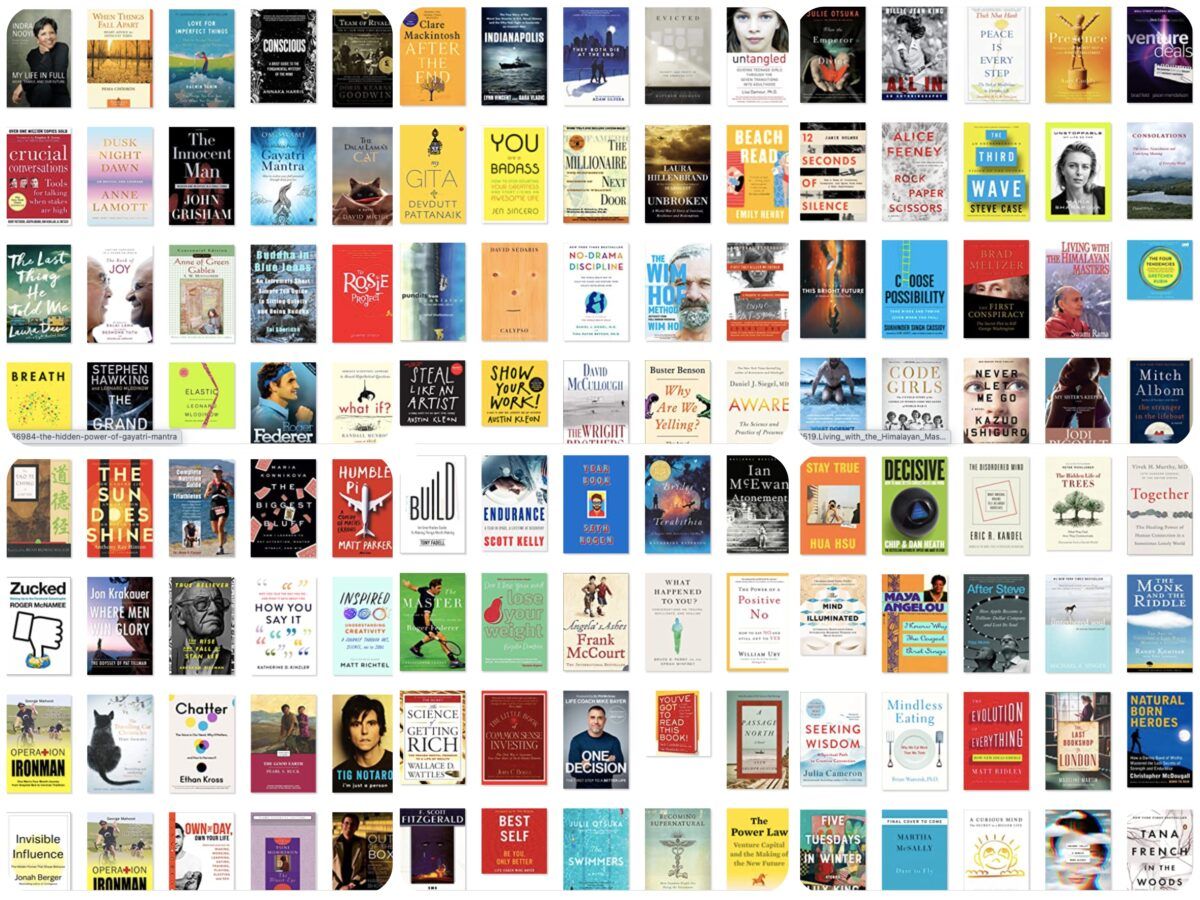

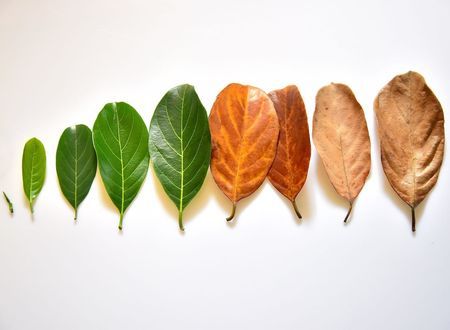
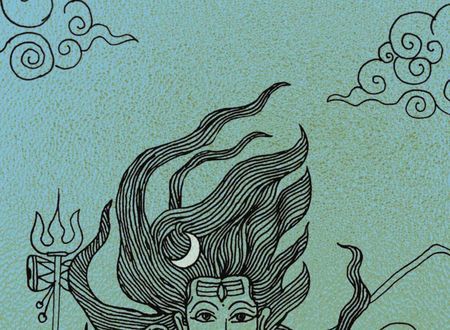
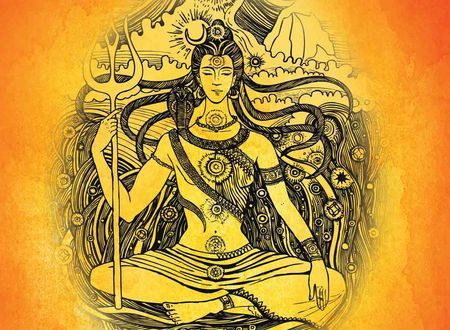
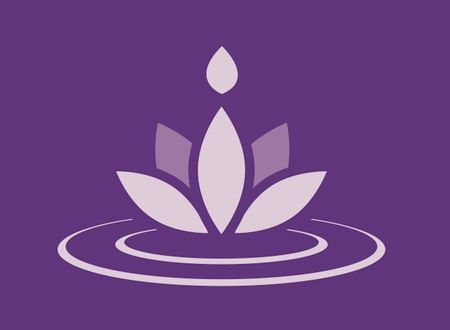


Comments & Discussion
26 COMMENTS
Please login to read members' comments and participate in the discussion.